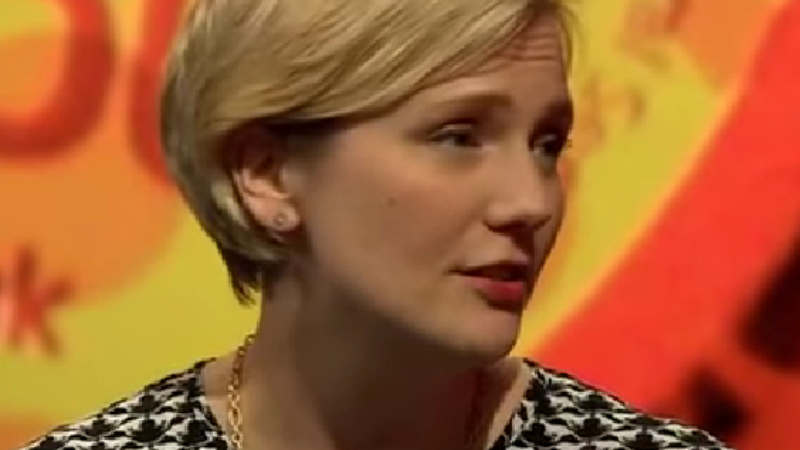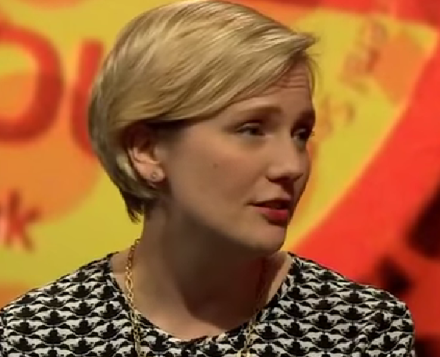
Jessie J may have tried to argue it’s not about the money, money, money, but anyone facing a well-funded opposition at an election knows all too well the difference it makes. One aspect of the leadership contest yet to be fully discussed is the cash that it has generated for Labour. The combination of the volume of people paying the supporters rate, the increase in membership and the levy paid by leadership candidates means a serious amount of money will come to the party’s coffers. It’s hard to estimate quite how much as yet, but it’s a windfall in the millions not thousands. On top of that, staff and General Secretary Iain McNicol have worked incredibly hard to stabilise the party’s finances so that our accounts are in the black for the first time in some years.

For a party that has struggled with financial stability, it is a reasonable temptation to salt this cash bonus away for the next election or soak it up into expanding our Westminster activities. But to help us win in 2020, as Deputy Leader I would argue for a different approach – a ring-fenced Fighting Back Fund dedicated to building up our grassroots capacity to campaign and the party infrastructure needed to do this too. To be a movement capable of winning back seats and support, we must not wait until the election to start. This money could seed fund the administration and activism required – and spent well, it could repay the investment tenfold in results achieved.
With nearly 600,000 members and supporters, our challenge is to be able to channel their energy for change into fighting Labour’s corner – rather than only offering repetitive meetings arguing with each other, or bombarding them with emails asking them for money. That means not servicing the institution of the Labour Party, but supporting the skills of individual members. And it requires people. Too often, brilliant staff are let go following an election, only for the party to have to rebuild campaigns capacity in the run up to the next contest. Candidates and local parties struggle to fundraise by themselves for such assistance. For an organisation that has had thousands working for it through the years, the lack of an alumni scheme to make sure we can draw on valuable knowledge, experience and contacts also compounds these problems.
With direct financial provision from the centre, rather than issuing P45s, CLPs, council groups and regional offices could now be offering employment contracts – including only paid internships. However, such support should be given on the proviso that these posts are focused on developing the activity of all our members and supporters, not hiring someone who can administer the minutes of meetings. This means training our staff in skills development, using the latest technologies and basing them out in the field first, so that we have teams across the country helping our volunteers become the leaders in their local communities of the fight for social justice.
Making the best of our members in this way isn’t just about effective development and training. It is also about where the other half of the money comes in – to help fund and encourage the campaigns they themselves wish to lead. Without a clear purpose for participation, activists often become disruptive or disillusioned as their passion for change becomes dulled by bureaucratic meeting structures. Becoming a movement again means acting in a way that fits with why people join Labour: to change the world. And to do that we don’t just need to devolve responsibility to our grassroots, but resources too.
So let’s also use this money to directly incentivise their activism. Organising people to help with campaigning, leaflets, events, websites, Facebook ads or building the skills of those who may wish to stand as candidates at any level all costs money. This cash could match fund any member-led proposal that helps show how Labour offers not just opposition to this government but an alternative, more equal and socially just future for all. Crucially, funding could also be linked to getting others to participate – whether shadow teams, councillors, local activists, friends of groups, affiliates or campaigning charities. In turn, Labour could commit to supporting at all levels – whether Westminster, the Welsh Assembly or Scottish Parliament – the top performing campaigns that our members set up. All of this would be backed up by a rejuvenated team of party staff, helping our activists turn their plans into reality.
This is what movement politics looks like in practice. A strengthened party campaigning structure. A revived and motivated volunteer base, working at a local and national level to win for Labour. There is now the money that can make it happen, and not a moment to lose.
It’s over to us to fight on – and fight back.




More from LabourList
SPONSORED: ‘Industrial hemp and the challenge of turning Labour’s priorities into practice’
‘A day is a long time in politics, so we need ‘action this day’’
Strong support for child social media ban among Labour members, poll reveals